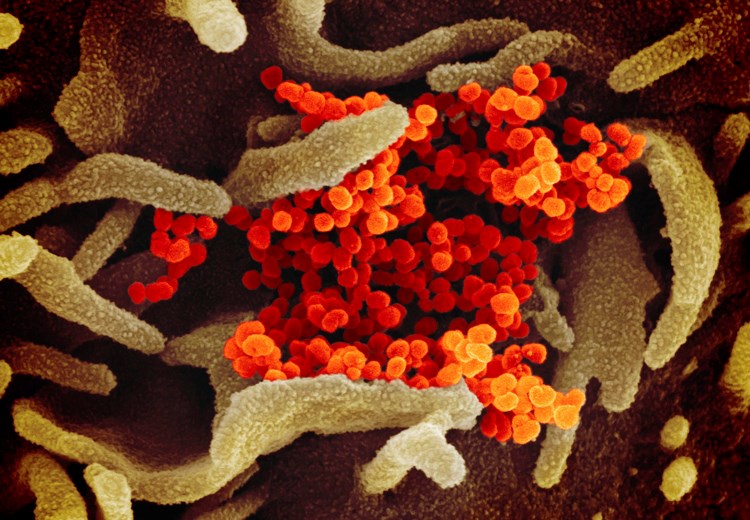There were no COVID-19 patients being treated in northern B.C. hospitals, Health Minister Adrian Dix announced on Tuesday.
The Interior Health region also no longer has any COVID-19 patients in hospital, Dix said during a daily briefing on the pandemic with provincial health officer Dr. Bonnie Henry. Northern Health and Interior Health had one patient each in hospital care on Monday, according to data released by the B.C. Centre for Disease Control. It's the first time since March 24 that there hasn't been at least one COVID-19 patient admitted to hospital in northern B.C., according to B.C. CDC data.
"The other positive news today was there were no new deaths," Dix said.
The provincial death toll from the pandemic remained at 165. No deaths linked to COVID-19 have been reported in the north.
A total of 31 people in B.C. remain hospitalized with COVID-19, including eight in critical care, Henry said.
Across the province, there were only four new cases of COVID-19, Henry said, increasing the provincial total since the beginning of the outbreak to 2,601. The total number of cases in the Northern Health region since the beginning of the outbreak remained steady at 64.
Across B.C. only 207 active cases remain, and 2,229 people have fully-recovered from COVID-19. The patient discharged from hospital was the only confirmed active case remaining in the north, according B.C. CDC numbers from Monday.
Despite the good news, including several outbreaks in public health facilities being declared over, there were two new outbreaks at businesses in the Fraser Health region, Henry said. The outbreaks at Maersk Distribution in Delta and New World Technologies in Abbotsford were small, she said.
"The new outbreaks in businesses shows COVID-19 is still there and still requires vigilance," Dix said.
The low number of new cases, going into the third week of Phase 2 of the province's Restart Plan, means the majority of businesses and services reopening have been able to do so safely, Henry said.
"Businesses have developed their plans and are slowly and carefully reopening across the province," she said. "We need to continue to move slowly and be careful."
LIBERALS CALL FOR REGIONAL REOPENING
The low number of active cases remaining in some parts of the province prompted B.C. Liberal leader Andrew Wilkinson to call for accelerated reopening in part of the province.
"It's clear, based on the evidence, that some regions and industries have been hit harder than others across the province. It seems reasonable to at least consider tailored, regional reopening plans based on the specific case counts of each region," Wilkinson said in a press release. "I've sent a letter to the premier today asking government to look at lifting more restrictions in regions with lower case counts such as Vancouver Island, the Okanagan, the Kootenays, and the north to get people back to work and bring in much-needed revenue for business sooner."
Last week, Ontario Premier Doug Ford said his province will look at a regional reopening strategy to allow areas that haven't been hard-hit by the virus to reopen sooner.
Henry said at this point she doesn't see an advantage to taking a regional approach to reopening.
"I don't feel there is a differential risk. We're seeing low-levels of transmission (across B.C.)," Henry said. "I believe one of the things that has allowed us to manage the pandemic the way we have, and keep our numbers low, is having a coordinated provincial plan."
While it's true that the number of cases drops the further from the Lower Mainland you are in the province, Dix said, B.C.'s province-wide approach has shown its value.
Having five large health regions, rather than the smaller, more localized health authorities seen in some other provinces, has been an advantage in B.C., he said.
"One of the reasons we've been successful is all the health regions... have worked together," he said. "Certainly Mr. Wilkinson's question is a valid one. (But) I think this is the right approach."



.png;w=120;h=80;mode=crop)